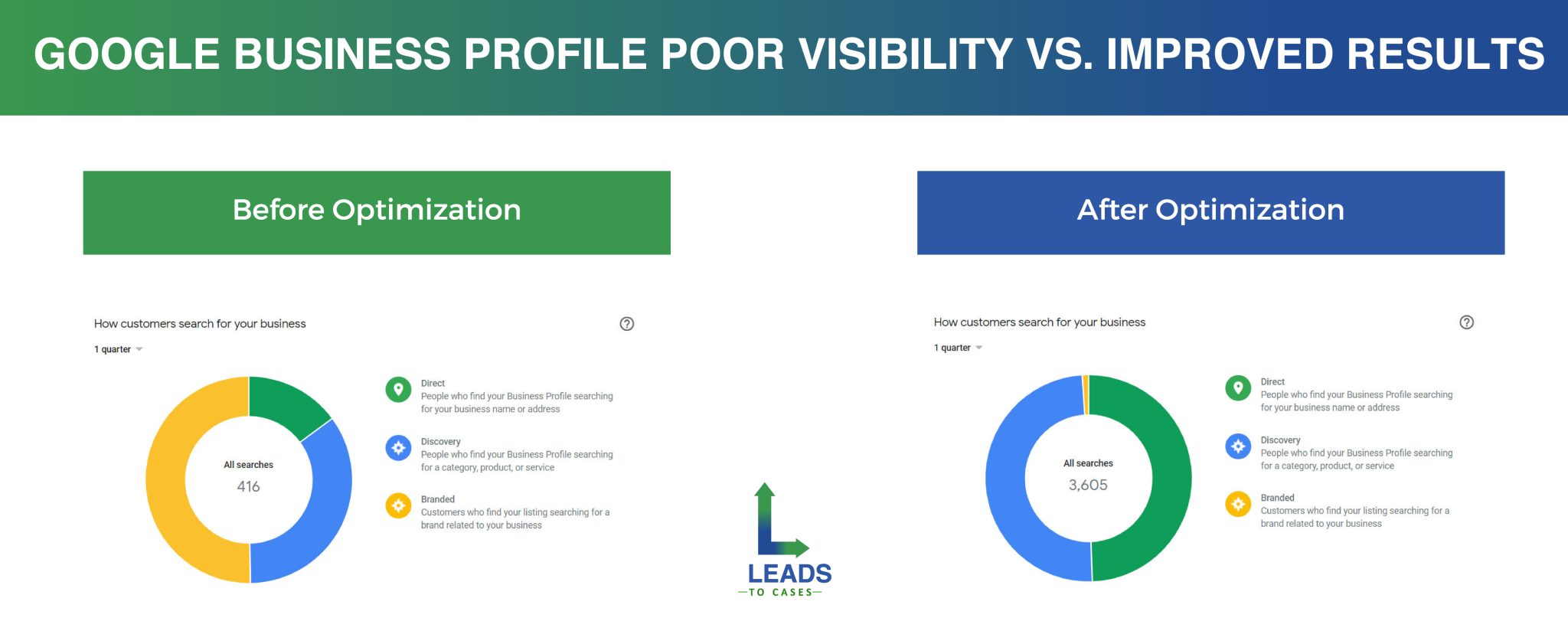Welcome to our guide tailored for lawyers and law firms venturing into strategic marketing planning. Here, we break down each step into understandable parts, offering practical tips to help you create a marketing plan that aligns with your legal expertise.
1. Your Role in Marketing
As a lawyer, you bring unique insights to your firm’s marketing. Your direct involvement adds authenticity and helps tailor the marketing message to reflect your firm’s identity and strengths.
- Share Your Success Stories: Use examples from your legal victories to showcase expertise.
- Ask for Client Reviews: Happy clients can be your best advocates.
- Attend Networking Events: Build your brand by connecting with peers and potential clients.
- Be Active on Social Media: Share useful legal tips and insights on platforms like LinkedIn.
- Write About Legal Topics: Publish simple articles or blog posts on relevant legal issues.
2. Setting Achievable Marketing Goals
Set clear, realistic marketing goals that reflect your legal services and expertise. These should aim to attract the right clients and build your firm’s reputation.
- Identify Your Ideal Clients: Know who you want to target.
- Focus on Key Services: Highlight the legal services you want to promote.
- Set Referral Targets: Aim to get more client referrals.
- Educate Your Audience: Share knowledge that showcases your expertise.
- Increase Online Visibility: Aim to be more visible on legal directories and online searches.
3. Using Legal Knowledge in Planning
Apply your legal expertise to understand your firm’s strengths, weaknesses, opportunities, and threats. This will help tailor your marketing to suit the legal market.
- Check Legal Marketing Rules: Make sure your marketing follows legal industry standards.
- Understand Your Competitors: Know what other law firms are doing in marketing.
- Listen to Client Feedback: Use clients’ opinions to improve.
- Keep Up with Legal Trends: Stay updated on new legal developments.
- Use Legal Tech: Think about how technology can aid your marketing.
4. Ethical Marketing Strategies
Your marketing efforts should always align with legal ethics. This ensures your marketing is responsible and trustworthy.
- Stay Honest: Ensure all marketing messages are truthful.
- Respect Client Privacy: Always maintain client confidentiality.
- Represent Diversity: Show the diversity of your client base in your marketing.
- Avoid Promising Outcomes: Be cautious not to guarantee specific legal results.
- Regularly Review Ethics: Keep updated on ethical marketing standards in law.
5. Smart Budgeting
Efficient budgeting is key. Focus on marketing activities that offer the most benefit for the cost.
- Keep Track of Spending: Record how much you’re spending on marketing.
- Focus on What Works: Invest more in strategies that bring good results.
- Choose Affordable Channels: Use cost-effective platforms like social media.
- Balance Spending: Distribute your budget across different marketing activities.
- Think Long-Term: View marketing as an investment in your firm’s future.
6. Planning with a Legal Calendar in Mind
Schedule your marketing activities around your legal work to ensure they complement each other.
- Avoid Busy Times: Plan marketing when your legal workload is lighter.
- Stay Flexible: Be ready to adjust marketing plans if legal work picks up.
- Create a Content Schedule: Plan when to post blogs or social media updates.
- Set Clear Deadlines: Treat marketing tasks with the same urgency as legal work.
- Review Regularly: Check your marketing plan often and make necessary changes.
7. Implementing Your Marketing Plan
Approach your marketing plan with the same attention to detail as your legal cases. Ensure everyone involved knows what they need to do.
- Break Down Tasks: Make each marketing goal into smaller, manageable tasks.
- Involve Your Team: Get your colleagues on board with the marketing plan.
- Track Your Progress: Use simple tools to monitor how things are going.
- Stay Consistent: Keep your marketing messages consistent.
- Check Everything: Make sure all your marketing materials are accurate and professional.
8. Measuring Your Marketing Success
Use simple tools to check how well your marketing strategies are working. This helps you understand what’s effective and what needs to change.
- Set Clear Goals: Know what you want each marketing strategy to achieve.
- Track Client Responses: See how new clients find you.
- Ask for Feedback: Get opinions on your marketing efforts.
- Be Ready to Change: Adjust your strategies based on what the data shows.
- Keep Regular Records: Note down how each marketing strategy performs.
9. Getting Feedback from Clients
Client feedback is crucial. It helps you understand what clients like about your services and marketing.
- Send Out Surveys: Ask clients to fill out simple feedback forms.
- Encourage Online Reviews: Ask satisfied clients to leave reviews online.
- Use Feedback Forms: Provide a way for clients to give feedback after appointments.
- Consider a Client Group: Create a group of clients to give regular feedback.
- Act on Suggestions: Use client feedback to improve your services and marketing.
10. Working with Marketing Experts
Collaborating with marketing professionals like Leads to Cases brings specialized expertise to your marketing efforts. Keeping an active role in this partnership ensures that your firm’s marketing truly represents your legal services and values.
- – Choose the Right Partner: Pick a marketing firm familiar with legal marketing.
- – Work Together on Strategies: Help develop strategies that reflect your firm’s goals.
- – Stay in the Loop: Keep informed about marketing progress and changes.
- – Give Your Input: Provide your perspective on marketing materials.
- – Review the Partnership: Regularly assess how well the marketing partnership is working.
By integrating these tips into your marketing plan, you can create an effective strategy that not only reaches your target audience but also upholds the professionalism and ethics of your legal practice.














Post a comment